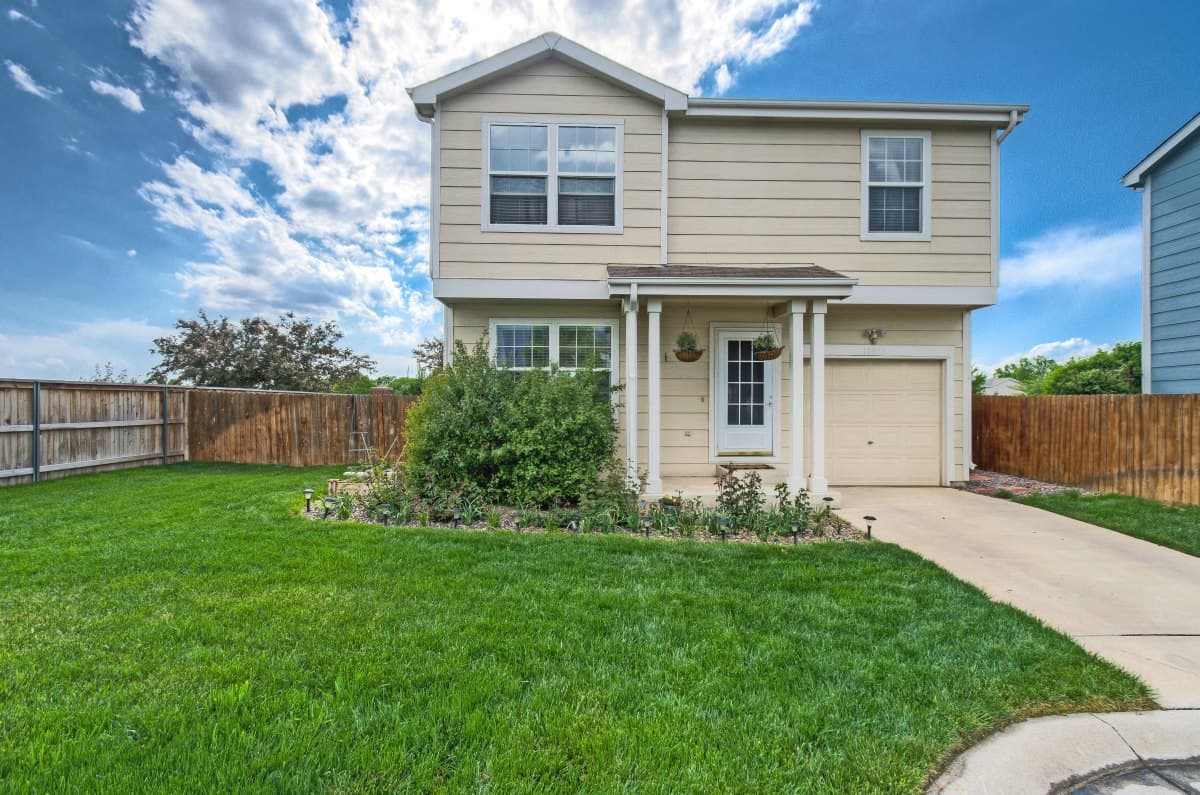
Whether you’re investing your own money, working with a private investor, or going the hard money loan route, flipping a house is a big investment. It takes time, energy, and money, and there are definitely a few things you should know going in. Besides researching the fundamentals of house flipping and doing your homework on real estate investment in general, in my experience there are really only three things you absolutely need to know before you start flipping:
1. Understand the 70% Rule
First of all, you’re going to need to know whether the houses you’re thinking about flipping are good deals or not. Without a good formula for your budget and schedule, you’re not going to have a good way to figure out an accurate estimate of your profit margin. That’s why the 70 percent rule is so helpful.
Basically, to find out if a deal is worth pursuing or not, you just need to do a simple math problem. Add the price of the house to the price of rehab costs. If the sum of these costs is less than 70 percent of the ARV (after-repair value) of the house, then you’re looking at a good deal.
Now, if you’ve watched our show, Flip or Flop on HGTV, you know that my wife Christina and I don’t always stick to the 70% rule. That’s because we’ve been at this for a few years, and we work with a lot of high-end properties that get higher selling prices. At the rates we work at, you don’t necessarily have to have a 30 percent profit margin to make a good amount of money. Until you’ve been flipping houses for a while, though, you should probably stick to the 70 percent rule.
2. Know the Risks You’re Taking
Next, before you start flipping you should understand and embrace the fact that this is a risky business. Every investment you ever make in your life is going to come with some level of risk, and house flipping is no exception. But, if you calculate the risks you’re taking and you make your choices deliberately, you’re going to have a lot more deals go your way.
Basically, by understanding where the risks in any house flipping deal lie, you can make strategic moves to minimize them. You can buy the houses that have the best potentials for profits with the least risk, invest in the rehabs that matter and create effective exit strategies if things go south. Knowing your risk level in any deal will put you ahead and help you make shrewd decisions to keep your flipping business profitable.
3. Embrace Your Rehabs
Finally, unlike rental properties, fix-and-flip properties really need to be completely fixed up and updated before you try to sell them. The first time you flip a house, you’re probably going to feel some sticker shock when you see the prices for materials and labor.
However, if you don’t invest in your rehabs, you’re not going to be able to ask for market values on the homes you sell. People want to buy quality houses, and they’re not going to make good offers on your flips if you don’t give them that quality. You don’t want to over-rehab your properties, but if you put in the work to really bring them up to market value, then you’re going to make a lot more money than if you try to cut corners.
Keep these three things in mind as you step into the world of house flipping. The more you understand and embrace them, the better off you’ll be and the faster you’ll be able to grow your house flipping business.


























 United States
United States Canada
Canada